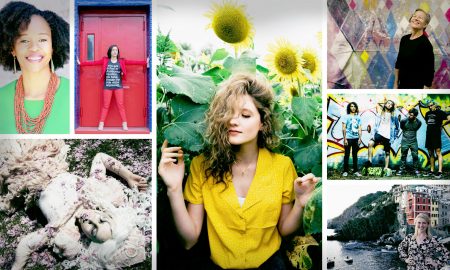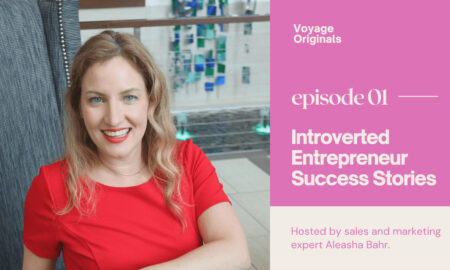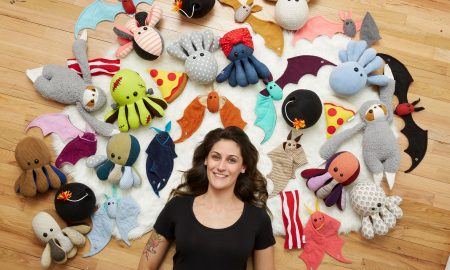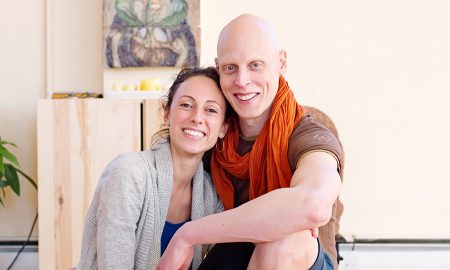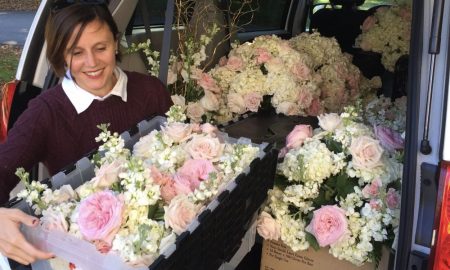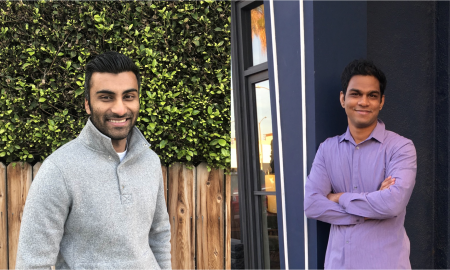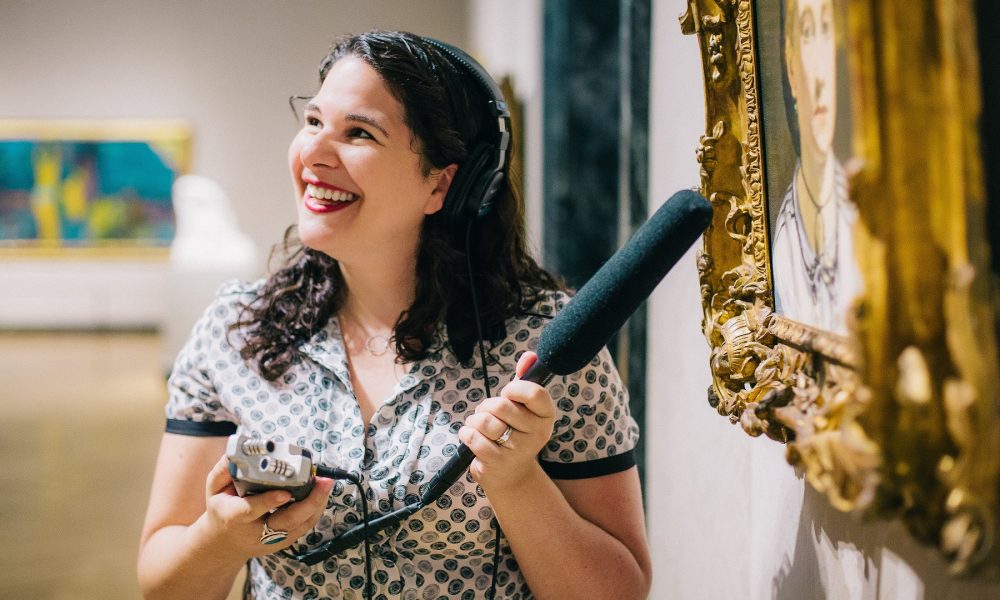

Today we’d like to introduce you to Tamar Avishai.
Thanks for sharing your story with us Tamar. So, let’s start at the beginning and we can move on from there.
It took quite a bit of professional failure to get here. I graduated from my art history master’s program in 2008, which was a lousy time to be looking for work, especially work in the arts. I knew I loved art history, but I was waffling on whether or not to pursue a PhD – I loved teaching, I loved thinking critically about how people and their art is shaped by their contexts, and how they go about shaping it right back, but I wasn’t sure that getting back on the academic train was the best way to get there.
A few years later, I was serendipitously introduced to a bunch of radio producers and realized that they were the best people I’d ever met – like me, they just loved engaging in conversation, observing people, articulating their deeply human quirks, and I realized that what I had really loved about art history all along was the storytelling. You can introduce someone to a painting the same way you can introduce them to a friend; pointing out this or that compelling detail and suddenly this seemingly inaccessible artwork is incredibly fascinating. So I decided to pursue public radio in 2012…which was a lousy time to try to break in, since the podcast Serial had blown the radio world wide open. Everyone was realizing what a tremendous medium it was and the competition got fierce, fast.
So after a few false/non-starts, I decided to take a leap, merge my creative passions that no one would hire me to do, and create the podcast about art history that I really wanted to listen to – I hadn’t come across one at the time that I felt like was really telling the whole story. And it’s been an incredible ride so far, writing the content and hustling to get the show out into the world, because I’m realizing that everyone wants those little compelling details about the art – more than I ever would have thought. When it’s put in podcast format, everything becomes interesting, even things that people had been intimidated by in the past, like art history.
Overall, has it been relatively smooth? If not, what were some of the struggles along the way?
This started as a project that was just for me, to learn to make radio and to be able to write about art the way I’d always wanted to, but once it got out into the world, it stopped being just for me anymore. And though I’m thrilled to have an audience that feels like it’s growing daily, it’s also a lot of pressure to keep it going, to continue to enhance the quality as my ears become more experienced, and to make sure that my information is as accurate as possible. I never want to risk compromising my credibility, which makes every episode an undertaking – and just hitting “publish” when I post a new episode takes a surprising amount of courage.
It’s a little lonely too. I know it’s the dream, but honestly, it’s hard to be your own boss. Liberating as it is, you become your own judge, jury, and executioner. I always feel like I should be writing more, or at least more consistently, and so it becomes hard to just relax. I work a full-time job in a completely different industry, and so the switching costs can become stressful. Because it isn’t just writing and producing an art history podcast – it’s hustling an art history podcast. There are no rules for marketing a podcast these days, other than just looking for each and every opportunity to get it in someone’s ear buds. The hustle occupies at least half the time I spend on the show as a whole.
But it’s completely worth it. I’ve never been more professionally satisfied – and energized – than I am right now.
The Lonely Palette – what should we know? What do you guys do best? What sets you apart from the competition?
The tagline for The Lonely Palette is “the podcast that returns art history to the masses, one painting at a time.” I’d unpack that a bit by pointing out that the two words most often associated with art history – and art museums in general – is 1) boring, and 2) pretentious. So I aim to blow off the dust and turn the stereotype on its ear: the show is meant to be totally interesting and totally unsnooty. Art is just a story being told on a canvas, or carved out of marble, or installed into a space, and once you know the story, the object itself comes alive – as do the people who made the art in the first place.
I’m always so glad when I hear from listeners to who are predisposed to love the show, but even more from the listeners who listened against their will – the self-professed “not art people” – who ended up accidentally falling in love with these artworks because they finally gave themselves over to them…because they finally felt like they were invited in.
There aren’t that many other art history podcasts out there, to be honest. And most of them are excellent in their own ways, something that I really feel like sets The Lonely Palette apart is the fact that I interview people in front of the objects (plenty of “not art people”), and edit their descriptions to play at the top of the episode. Those descriptions are gold – not just because they’re often great on their own, but also because they confirm for the listener that anyone is allowed to talk about art. All descriptions are valid. If one of my interviewees looks at a late 19th c, portrait and says that it reminds them of Downtown Abbey, then phew, it’s okay that the listener thought that when he or she saw the portrait as well. And I, as an art historian, am totally cool with that, because it’s as good a point of entry in as any. And now that you’re in, let’s go deeper, let’s explore how modern portraiture was speaking to a changing world the same way the characters on Downtown Abbey do. People have said that these descriptions are their favorite part of the show, to the point where they’d rather listen to them than actually look at the painting. That’s a huge compliment to me as a producer.
What is “success” or “successful” for you?
Podcasting is the Wild West right now – any podcaster, or radio producer, for that matter – would agree with that assessment. And as such, what defines “success” changes daily. I’m starting to realize that personal fulfillment and professional success often overlap, but not always, and it greatly depends on the time of day. In the long-term, it would be incredible if The Lonely Palette was picked up by a professional podcasting network, a Gimlet or a Radiotopia, but part of the fun (?) of this wide-open, limitless landscape is that making a network of your own is a perfectly viable option as well. And so, with the collaboration of some fellow podcasters, we did: Hub & Spoke. We’re steadily growing, both in volume and in prestige, and it’s incredibly exciting.
I of course always want to grow listenership, and my Patreon support to fund the whole operation, but most of all I just want to hold onto to tremendous good feeling I get knowing that someone is out there listening, or recommending the show to a friend, or contributing money to something that they get for free. That means that what I’m putting out into the world is being received, and that’s an amazing feeling. And because there are no clear indicators of success, every opportunity feels like a net positive – I never really know what I’m going to wake up to each morning, whether it’s a warm-spirited iTunes review or a museum interested in promoting an episode, or getting retweeted by Yoko Ono (!!!), or an interview opportunity like this. So for now, I’m happy to just let “success” mean enjoying this experience and keeping it going, and growing.
Contact Info:
- Website: www.thelonelypalette.com
- Email: tamar@thelonelypalette.com
- Instagram: https://www.instagram.com/thelonelypalette
- Facebook: https://www.facebook.com/thelonelypalette
- Twitter: https://twitter.com/lonelypalette
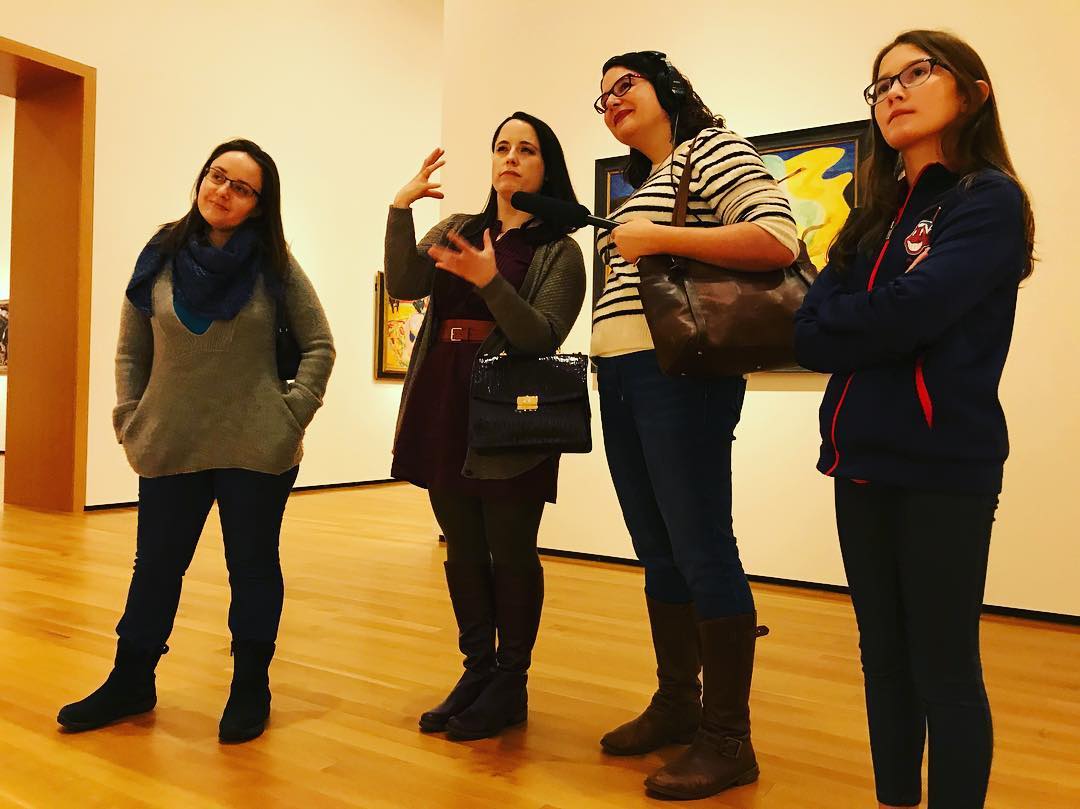
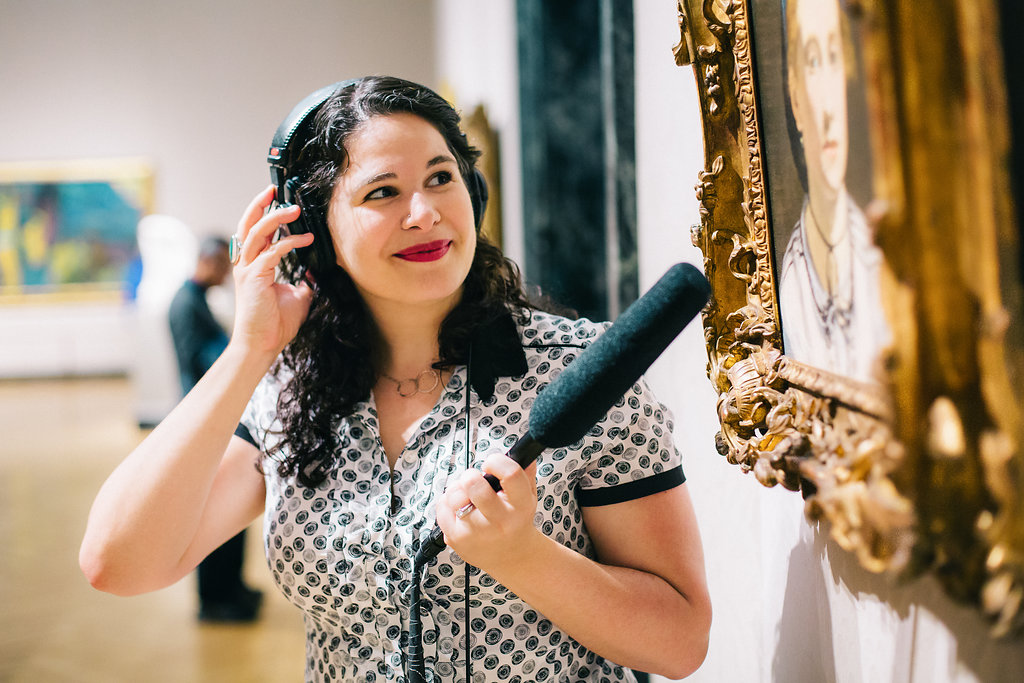
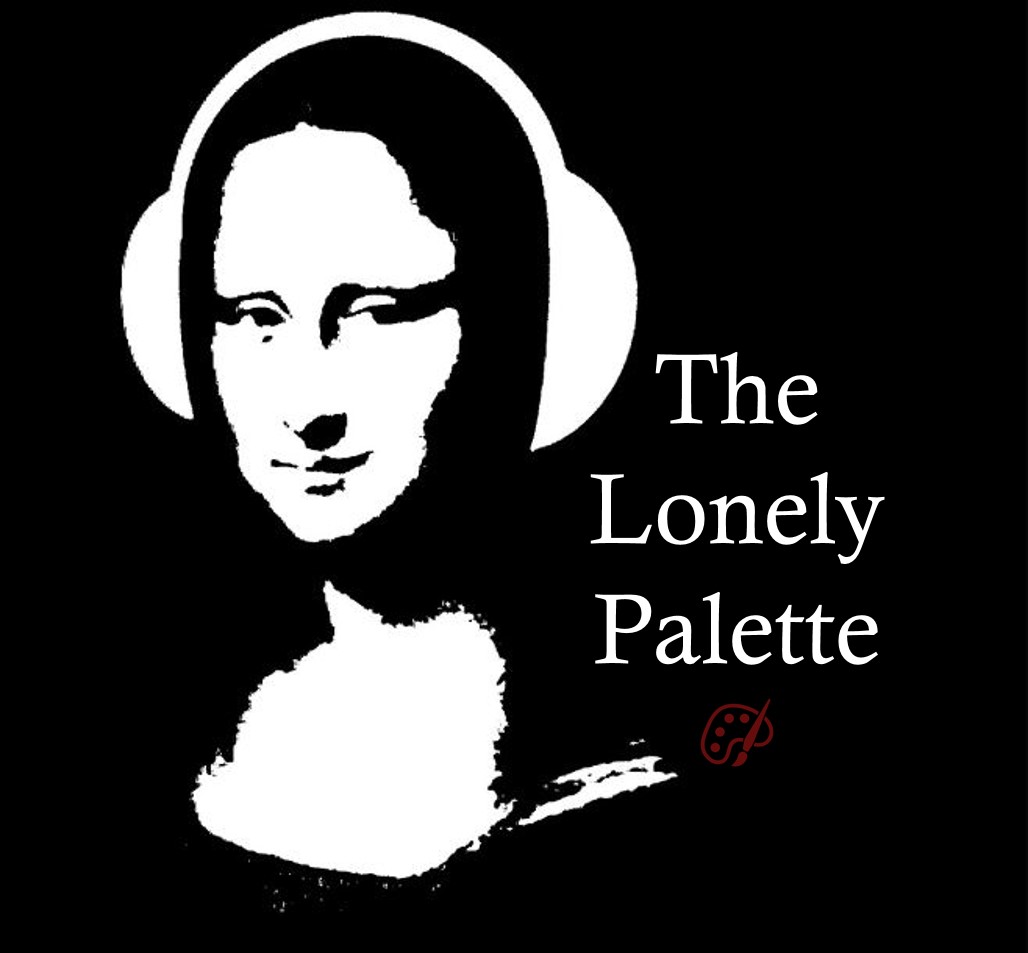
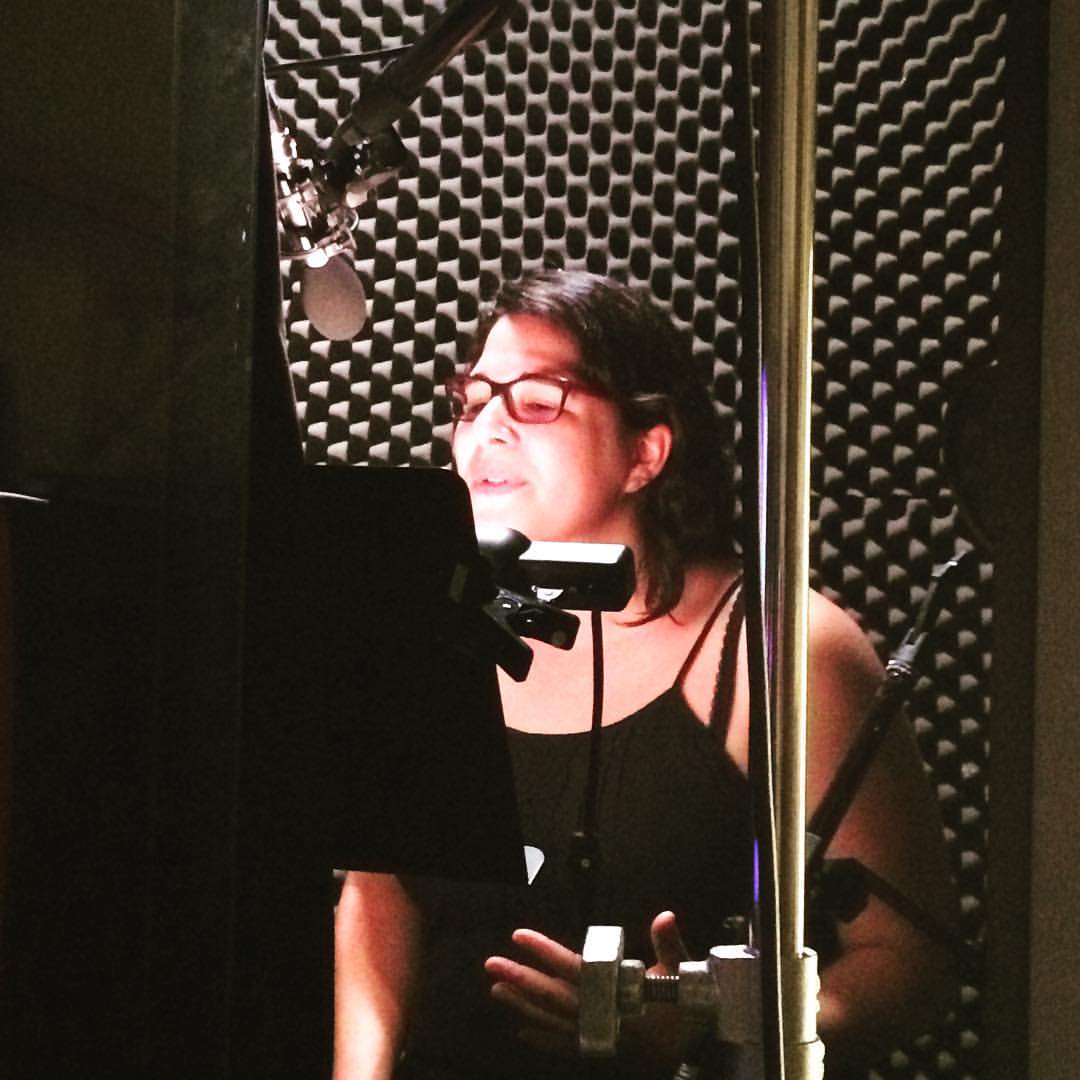
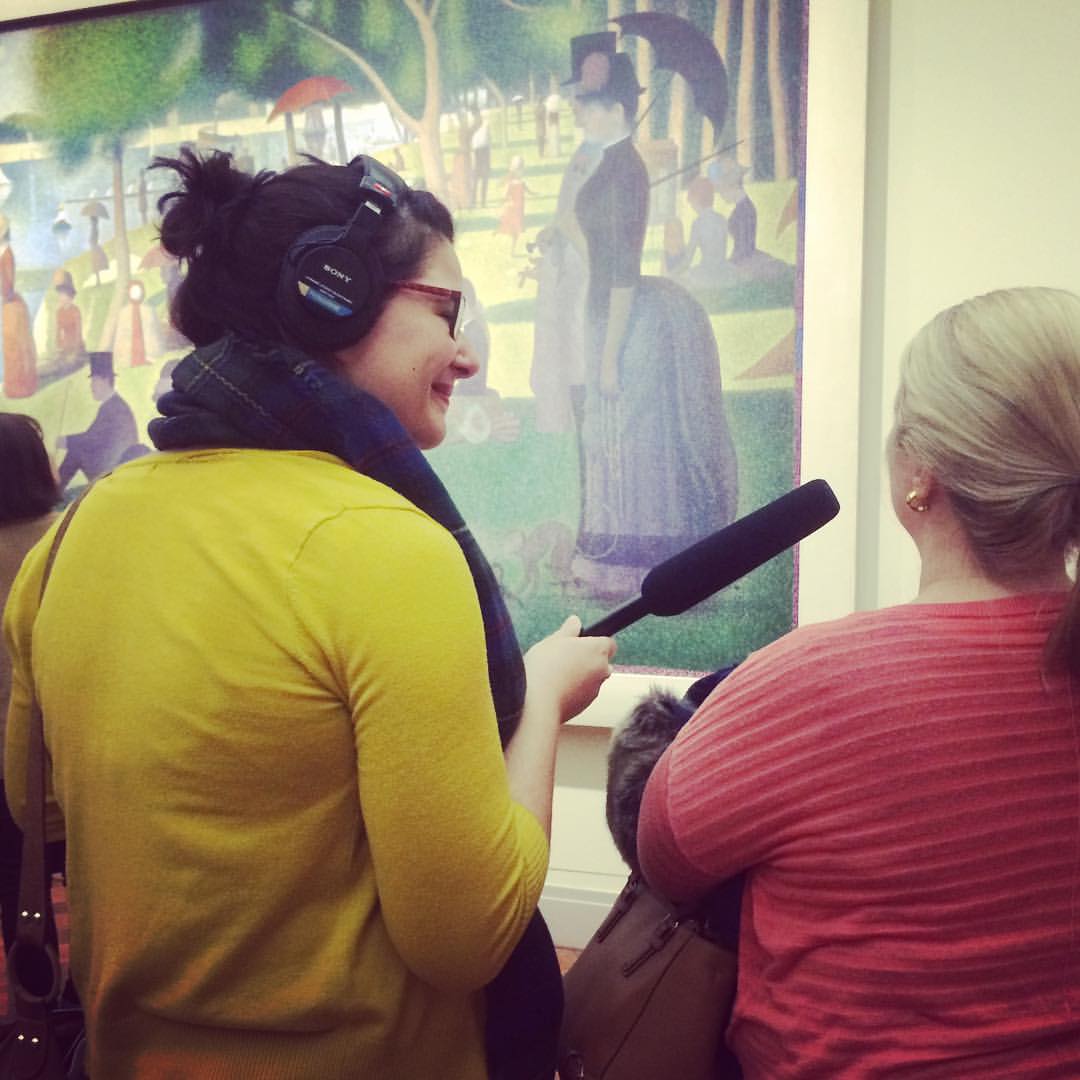
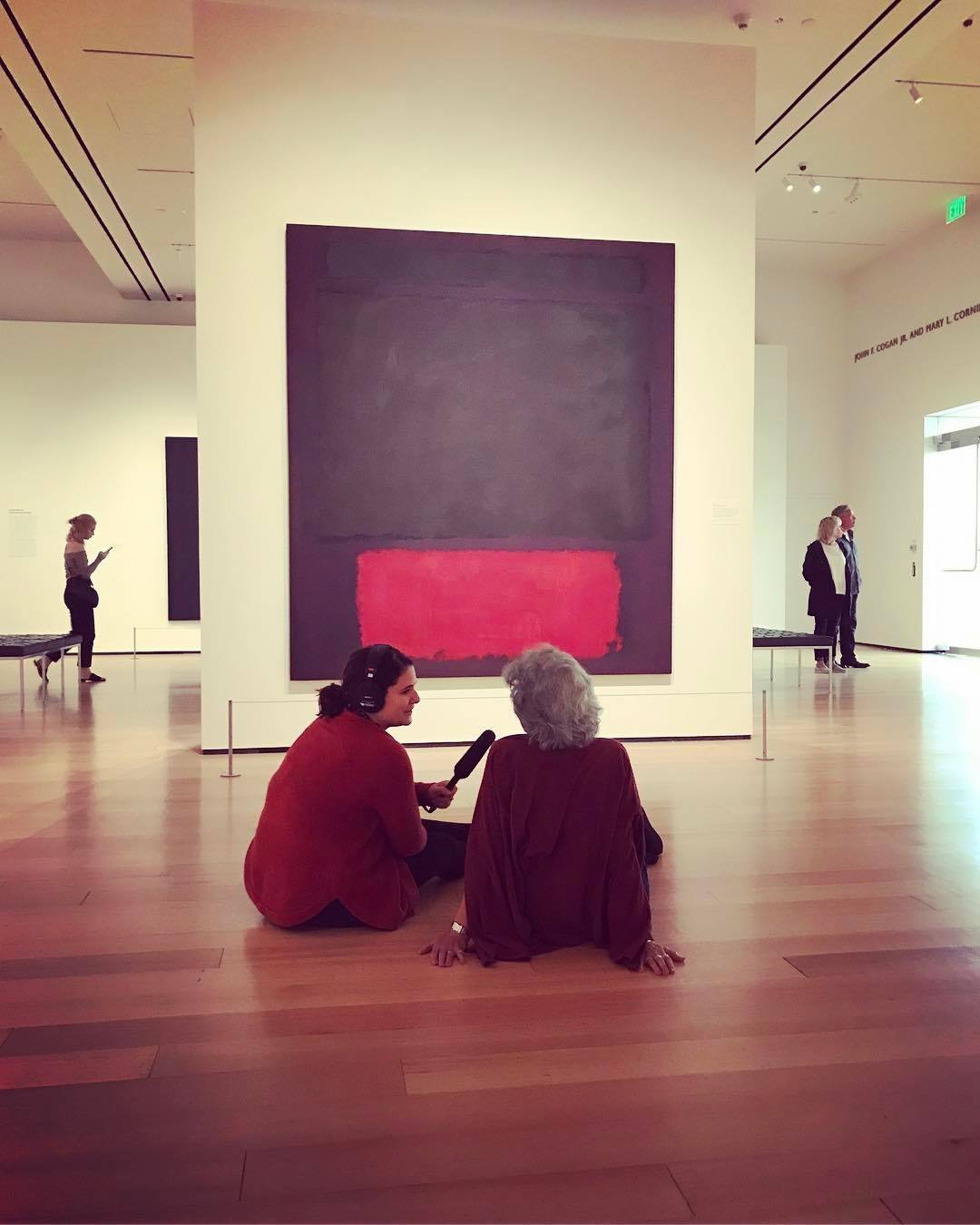 Image Credit:
Image Credit:
Promotional shots (me in the black and white dress) care of Adrianne Mathiowetz Photography.
Getting in touch: BostonVoyager is built on recommendations from the community; it’s how we uncover hidden gems, so if you know someone who deserves recognition please let us know here.

